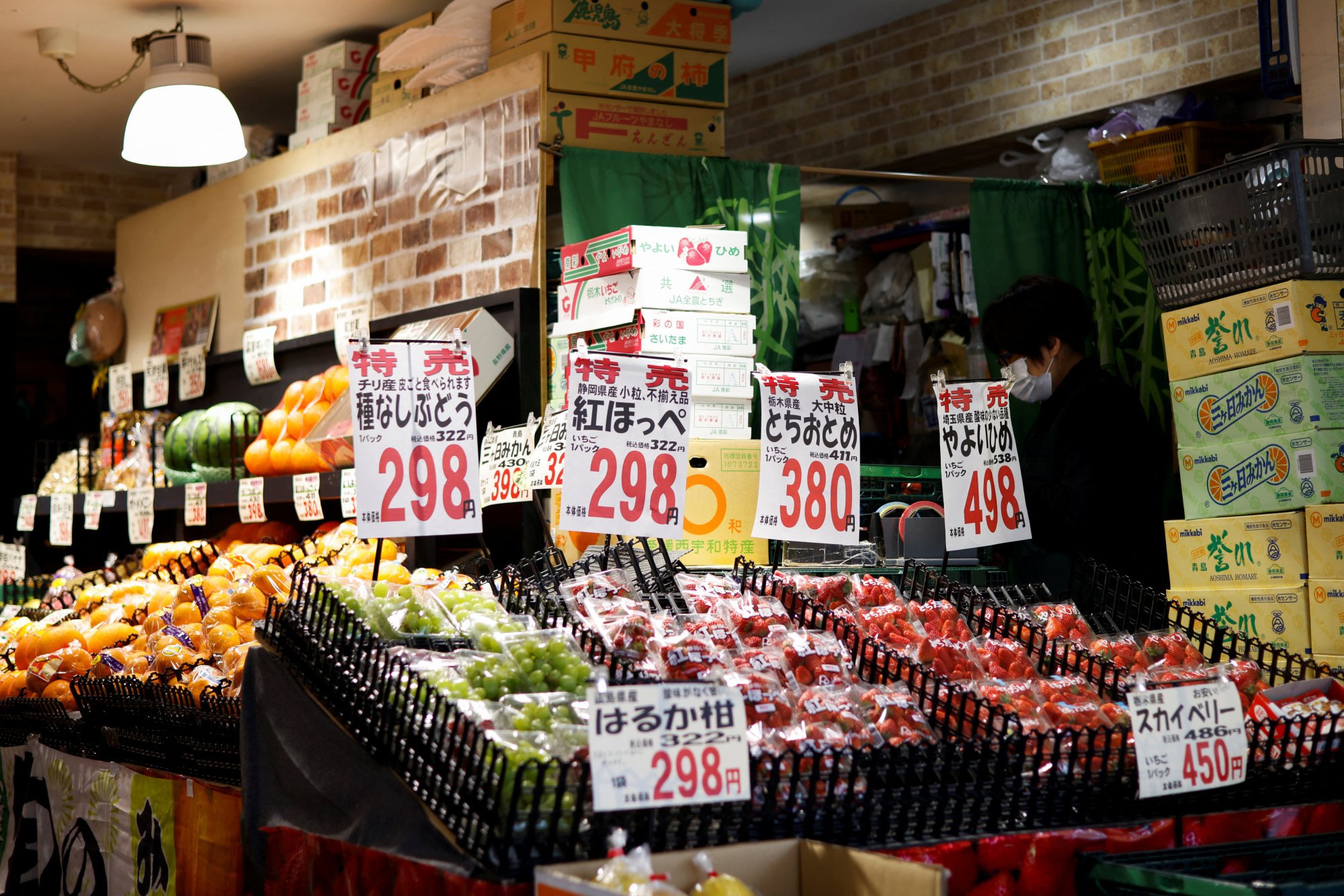
Japan is wrong about its economy. Deflation was a symptom, not the cause
- The economy stagnated as it was no longer as competitive, but misfiring central bank policies that propped up inefficient conglomerates made things worse
- As Japan’s carmakers struggle to stay relevant and with monetary policy finally turning, the country must correct its course soon or face a dire future
Japan has mistaken its competitiveness problem for a monetary one. For decades, its central bank’s fight against deflation kept interest and exchange rates low, and in keeping a large and persistent fiscal deficit, government spending subsidised demand.
Over the past three decades, many well-known economists have travelled to Tokyo to offer their advice on how to revive the Japanese economy.
The basic idea is that deflation depresses household demand because it makes it profitable to hold on to cash. Companies, in turn, become hesitant about capital expenditure – the major long-term investment needed for growth – thus, setting off a vicious circle.
The solution is to print enough money to cause inflation, which would reverse the psychology and revive the virtuous circle of rising household demand and capital expenditure.

Interpreting Japan’s economic problems as simply a matter of consumer psychology has been calamitous. In 1992, Japan’s per capita income was four times South Korea’s, and one quarter higher than America’s. It is now on par with South Korea’s and less than half of the US.
In misdiagnosing its competitive challenges as a psychological issue – i.e., that deflation expectations were suppressing consumption, which was in turn prolonging deflation – central bankers decided to apply monetary policy like a course of mind-altering medicine.
Japan dominated the semiconductor and consumer electronics industry in the 1980s. It was in a perfect position to lead the digital revolution. When Nokia dominated the mobile phone industry in the 1990s, Japanese companies were still making great phones for the domestic market. But by 2007, when Apple launched the iPhone, which was quickly followed by Android smartphones, Japanese companies faltered. Japan’s economic decline had become entrenched.

In both the cutting edge and traditional industries, Japan has fallen behind the competition. This is the cause of Japan’s economic stagnation – deflation was merely a symptom. With central bankers like Kuroda seen to be taking on the “fight” against Japan’s decline, incompetent corporate and political leaders were free to do nothing.
As the central bank provided the ruling elites with an excuse not to act, Japan avoided necessary surgery and reached for homeopathy.
Economics is a big factor in Japan’s demographic decline. The inverse triangle in the population pyramid will devastate the country’s finances, making it even harder to have children.
Now, Japan faces yet another existential challenge. The global shift towards electric vehicles is imperilling Japan’s car industry, which accounts for 8 per cent of national employment and a quarter of its exports. A leading producer of internal combustion engine (ICE) vehicles, Japan is reluctant to give up this strength.
How Toyota, Honda and Nissan ceded the electric vehicle market to Tesla, BYD
As green government policies all over the world increasingly rule out ICE cars, Japan is watching its markets shrivel up. This is another iPhone moment for Japan. If it doesn’t correct its course soon, its economic future will be extremely dire.
Japan is an example of what not to do when a country faces competitive challenges. Corporate incumbents never want to die. They have established political relationships to sustain an environment for their survival.
Andy Xie is an independent economist


